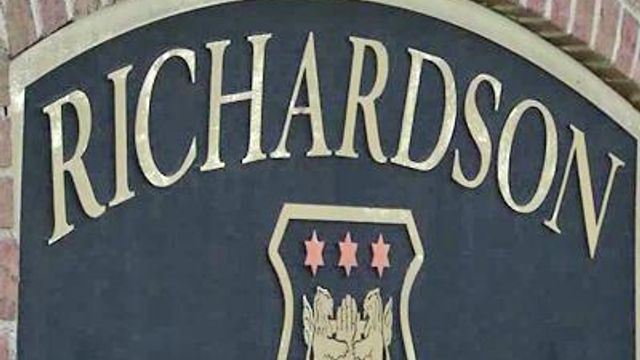Do HOAs protect neighborhoods or infringe on rights?
A dispute over dues collection by a Clayton homeowners association has sparked a debate over whether HOAs protect neighborhoods or infringe on property rights.
Posted — UpdatedSome residents say they are outraged by legal proceedings to collect current and past $95 annual dues for the HOA of Richardson Place, a middle-class subdivision off N.C. Highway 42 in Clayton.
"I think it's fear tactics, and I think it's extortion," homeowner Derek Butler said.
HOA President Steve Wright acknowledged that some the legal proceedings to collect dues have been controversial.
"It's a great neighborhood. It's quiet. But the association has issues," Wright said. "Is it the fact that I'm holding people accountable? Maybe. Do people like to be held accountable? Maybe not in this neighborhood."
The HOA has hired an attorney and sent out warning letters to collect the dues, which pay for maintenance of the subdivision's front entrance, insurance and light bills. Citing state law, the attorney pushed some homeowners into foreclosure proceedings or issued tax liens to force them to pay the dues. So far, no one has lost a house over the dues.
"I would feel terrible if one of my neighbors lost their house," Wright said. "But it's just an effort to collect $95."
Homeowner Kelly Picariello said going after those who haven't paid the dues is only fair for those who have.
"If you're living here and I'm paying my $95 but you're not, why are you getting the benefit of my $95?" she said. "That's not fair."
Homeowner David Simcox, though, deplored what he called strong-armed tactics.
"This isn't even a case of the punishment fitting the crime. This is actually vindictive in a way, to me," he said.
Simcox fought the HOA in court when attorney's fees were tacked onto his dues. He has become so fed up, he said, that he's selling his house.
"We've had enough. We've had a number of years with people basically trying to ruin people's lives," he said.
"It makes me feel like, 'You know what, man? I'm not going to take this,'" Butler said. "I'm not going to have someone tell me this. It's not right."
Butler, one of the first homeowners in Richardson Place, and his attorneys argued that the HOA wasn't formed legally. He said it began as a garden club to take care of the front entrance.
"This HOA does not exist, and you cannot be doing this," Butler said. "The dispute is we're not paying to anything that's legitimate right now."
Lindy Guenther said her husband and others made some legal mistakes when turning the garden club into an HOA.
"They didn't understand that something as simple as the name would make such a big deal," Guenther said.
Wright said he has documents, bylaws and an attorney's opinion saying that the HOA was formed legally. Despite the conflicts, he argued that he wants what's best for the neighborhood.
"Who would want to move into this area if we didn't have the protection of home values?" he asked.
• Credits
Copyright 2024 by Capitol Broadcasting Company. All rights reserved. This material may not be published, broadcast, rewritten or redistributed.





